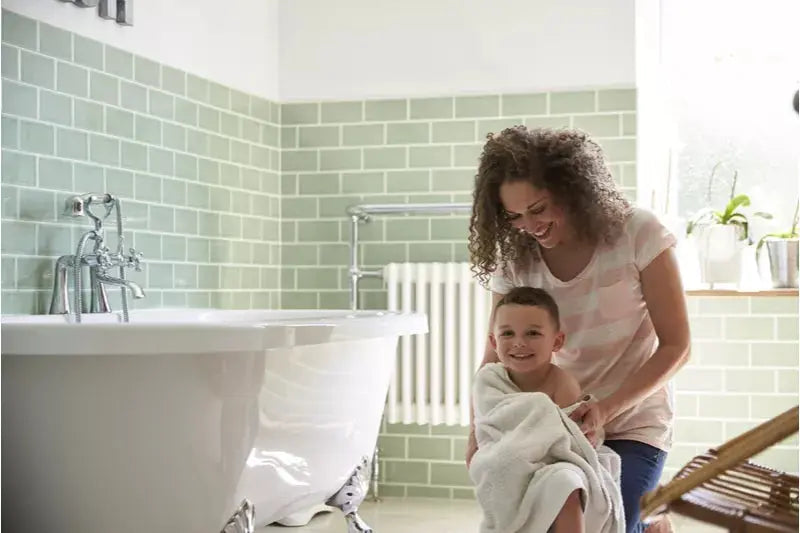Why Routines Matter: Building Stability and Confidence in Children
Not everyone likes routines, some parents find them too structured, but personally, I’m a HUGE fan!
Occasionally I do find myself wishing that I was a fly by the seat of your pants kinda mum, but the idea of just winging it, tends to bring me out in hives!
Whilst change helps children to learn and experience new things, it can sometimes be stressful for them. Having a routine provides certainty and security and this is really important, especially in early childhood.
Routines can be built around having fun, they show children what’s important to your family and help them to:
- Know what to expect
- Gain confidence and independence – after doing routines for a while they learn how to do the task themselves
- Establish healthy habits – washing hands before eating, brushing teeth, exercise
- Get excited about what’s to come
- Establish expectations
- Feel safe and like they belong – predictability at home is great for teenagers who are going through so many changes
- Strengthen family bonds/relationships – reading a bedtime story together at night, going for an ice cream treat after Saturday sports
- Gain life skills, time management and responsibility – chores
- Lower stress levels, which in turn will help their immune system
- Resolve disputes – Saturday is pizza and movie night. There’s no fighting over what’s for dinner!
- Establishing a bedtime routine helps to set a child’s body clock so that they know when it’s time to go to sleep.

And it’s not just children who benefit from routines, they can help parents to feel more organised and in control – lowering their stress levels.
Routines should be based on each individual family’s needs. However effective routines have three common features:
- They’re well planned;
- Predictable;
- And regular.
In case you need some help deciding what routines might work for your family, here are some examples of routines for toddlers:
- Getting dressed and ready each morning
- Mealtimes
- Reading stories
- Spending time each day playing
- Quiet time after bath in an evening
- Brushing teeth, nappy change, milk and a story before bed
- Night lighton when it’s time to sleep.

And here are examples for school-age children:
- Daily chores
- Pocket money on a Sunday
- Meeting friends for a playdate
- After school sports
- Getting ready for school every morning, including packing their school bag
- Calm time after bath
- Talking with you about their day in the evening
- Reading before bed.
Establishing and maintaining a routine has a wealth of benefits, but spontaneity and creativity are a vital part of childhood too. The point of a routine is to help your child, not make them feel restricted, so it’s important to remain flexible and aware of your child’s changing needs. Also, some children, like their parents, are going to respond better to routines than others.
Don’t forget, what works for other families may not work for yours, every family is different.
The My Night Light team loves hearing from our amazing community so if you have any fab routines or thoughts, please share them with us.



